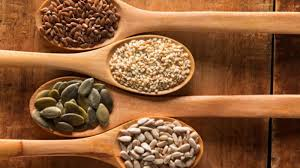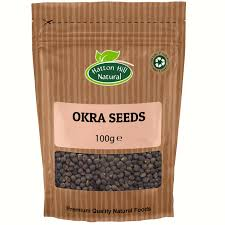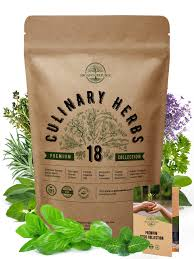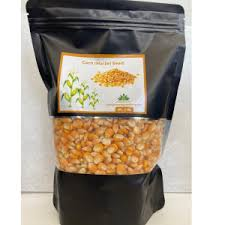
What is Seed?
A seed is an embryonic plant enclosed in a protective outer covering, along with a food reserve. The formation of the seed is a part of the process of reproduction in seed plants, the spermatophytes, including the gymnosperm and angiosperm plants.
Seed Prices In South Africa

Okra Seed
R27.90

Herb Packets All Year Round
R24.95

Maize Seed
R27.90
What are the 4 types of seeds?
The below-mentioned article highlights the four important types of seeds. They are as follows: (1) Dicotyledonous Exalbuminous Seeds (2) Dicotyledonous Albuminous Seeds (3) Monocotyledonous Albuminous Seeds and (4) Monocotyledonous Exalbuminous Seeds.
What is a basic seed?
Foundation seed (or Basic seed): Foundation seed, also known as a basic seed, is the descendent of breeder seed and is produced under conditions that ensure maintaining genetic purity and identity.
Why are seeds important?
Seeds are of immense biological and economic importance. They contain high protein, starch, and oil reserves that help in the early stages of growth and development in a plant. These reserves are what make many bowls of cereal and legumes major food sources for a large proportion of the world’s inhabitants.
What is seed structure?
The seed consists of three components: embryo, endosperm (sometimes perisperm), and seed coat. Both endosperm and embryo are the products of double fertilization, whereas the seed-coat develops from the maternal, ovular tissues. The seed habit is a significant advancement in the evolution of higher plants.
